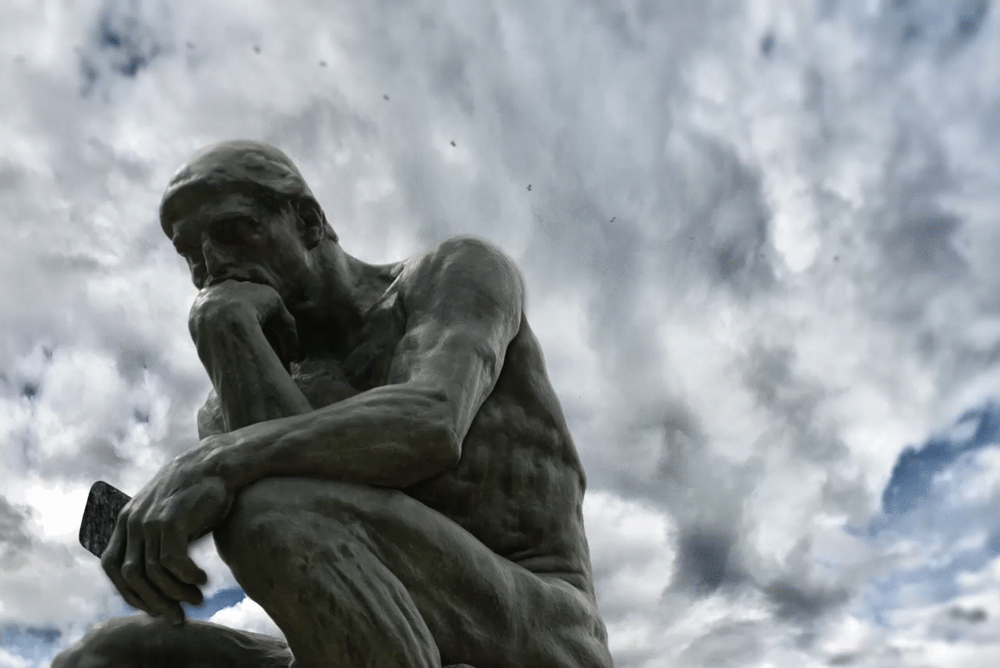[ad_1]

“Religion” is a complicated word, as I have noted many times at GetReligion.
Put the word “Byzantine” in front of “religion” or “Christianity” and things get really complicated, as in this secondary definition of that adjective: “ … excessively complicated, and typically involving a great deal of administrative detail.”
Frame Byzantine Christianity with the history of Russian culture and the complications are compounded. Toss in centuries of history — complex, bloody, mysterious and sacred — shared by the Slavic giants Russia and Ukraine and, well, you get the picture.
This weekend “think piece” comes from the Orthodox Christianity news website. This is an information source that, from the American point of view, is extremely conservative. This doesn’t mean that mainstream journalists should ignore it.
Why is that? Because it consistently offers direct links to online sources — documents, speeches, quotable analysis — that the vast majority of reporters and editors would not know about otherwise. This includes, for example, lots of material representing the leadership of the Ukrainian Orthodox Church. That’s the historic church of Ukraine that is current caught up — along with millions of its Ukrainian members — in a violent collision between the regime of Russian President Vladimir Putin and Ukraine’s current government, which is backed by the United States, the European Union and the tiny, but symbolic, Orthodox church in Istanbul led by Ecumenical Patriarch Bartholomew I.
It’s easy, these days, for journalists to get government approved material from Moscow and Kyiv. The ancient Orthodox church being crushed by the two armies? Not so much. Thus, it helps to follow the Orthodox Christianity feed on X (the digital platform previously known as Twitter).
Consider the complex realities represented in this recent post: “Percentage of Orthodox is Down in Russia, but Percentage of Practicing Orthodox is up — Survey.” Read this carefully:
According to a new survey from the All-Russian Public Opinion Research Center, the overall percentage of Orthodox Christians has decreased in Russia in recent years, while the percentage of those who actively practice the faith is up.
There are especially fewer believers among young people, and the numerical advantage of Christians over Muslims is shrinking. The results of the survey conducted in July show that 57% of Russians consider themselves Orthodox today, which is down 6% from 2019 — a trend that has been observed over the past decades, writes RIA-Novosti.
According to religious scholar Roman Lunkin, the declining number comes from those who have identified themselves as “generally Orthodoxy” in the past — a diverse group that includes “unbelieving Orthodox” and Orthodox who don’t like the Russian Orthodox Church. He also proposed that less people are identifying themselves simply on cultural or ethnic grounds now.
Journalists can see parallel trends in at least two important American stories — the fading numbers of “cultural Catholics” in Latino communities and the rapidly declining number of “Easter” Christians in many Mainline Protestant pews (and some evangelical denominations, as well). In Judaism, the number of Jews is in decline, but the percentage of practicing Orthodox Jews is rising.
So, is Russian Orthodoxy headed up or down in its homeland?

